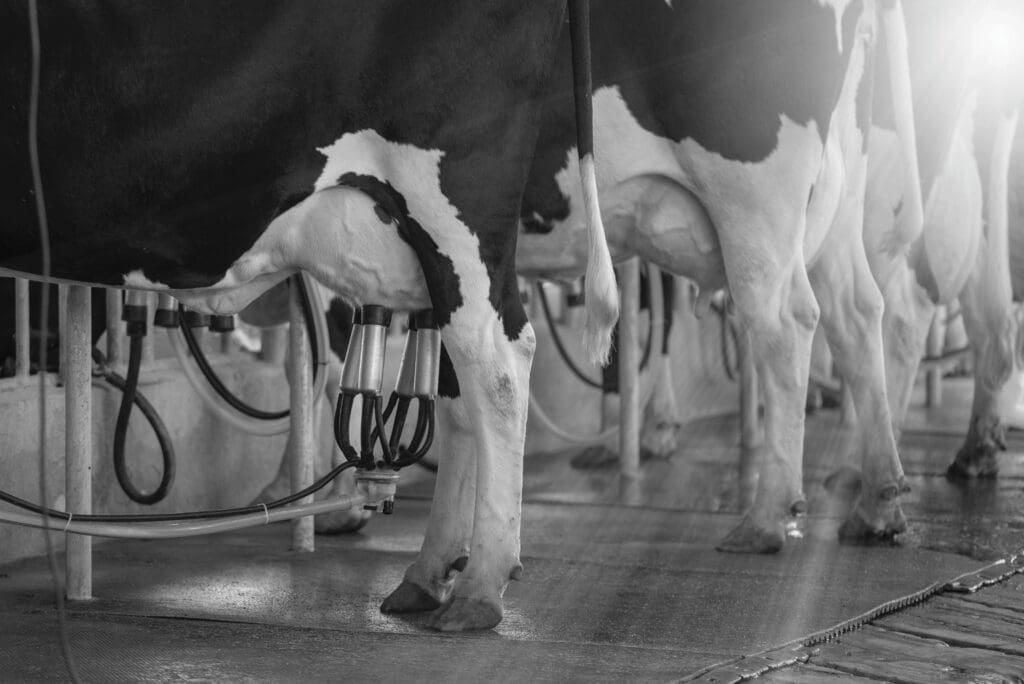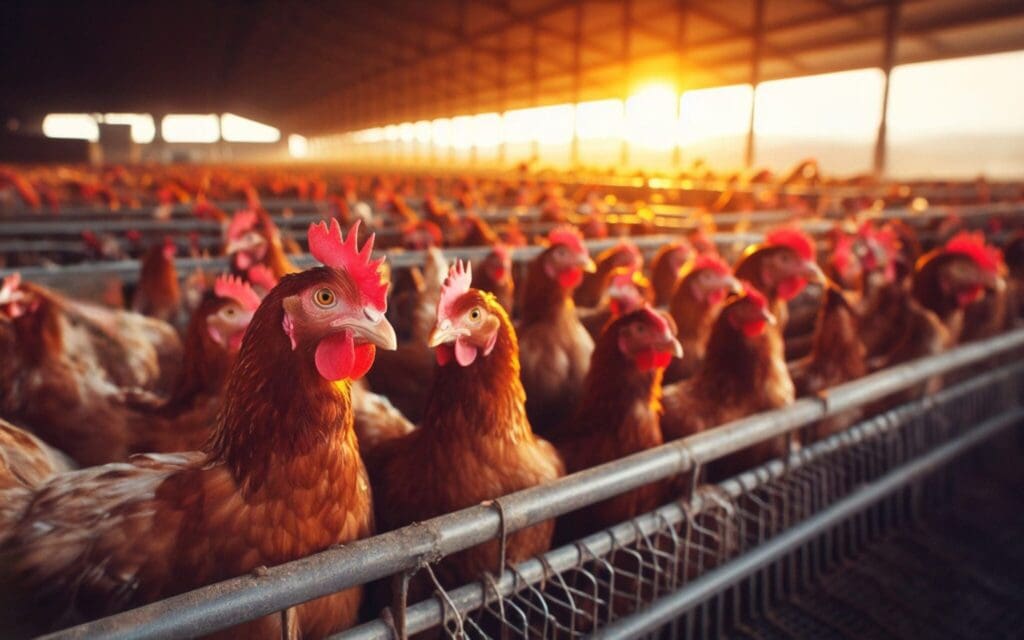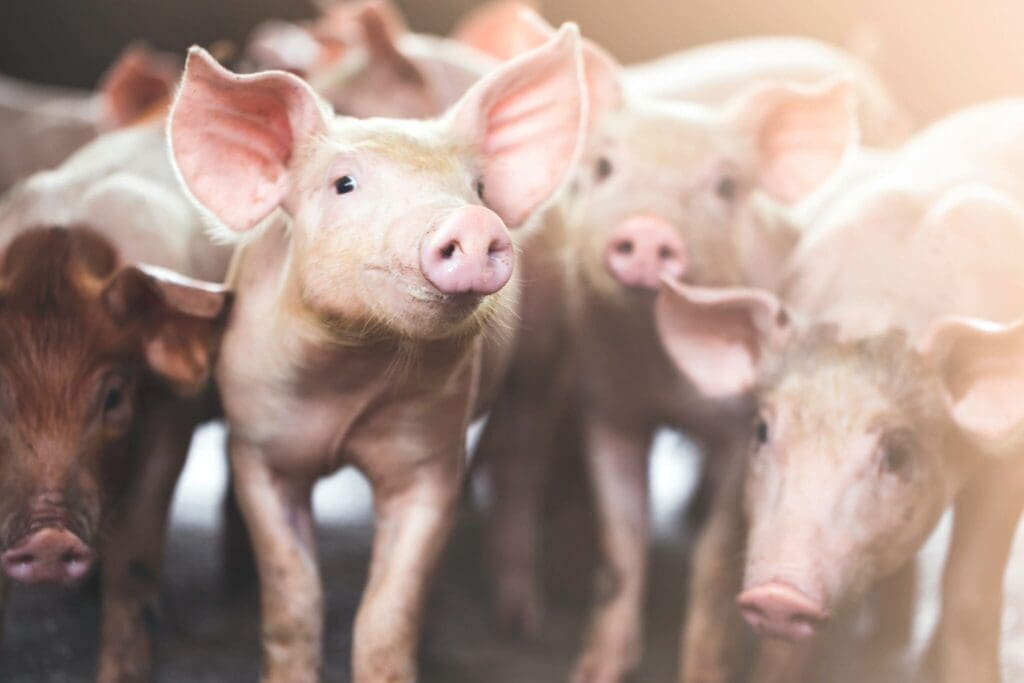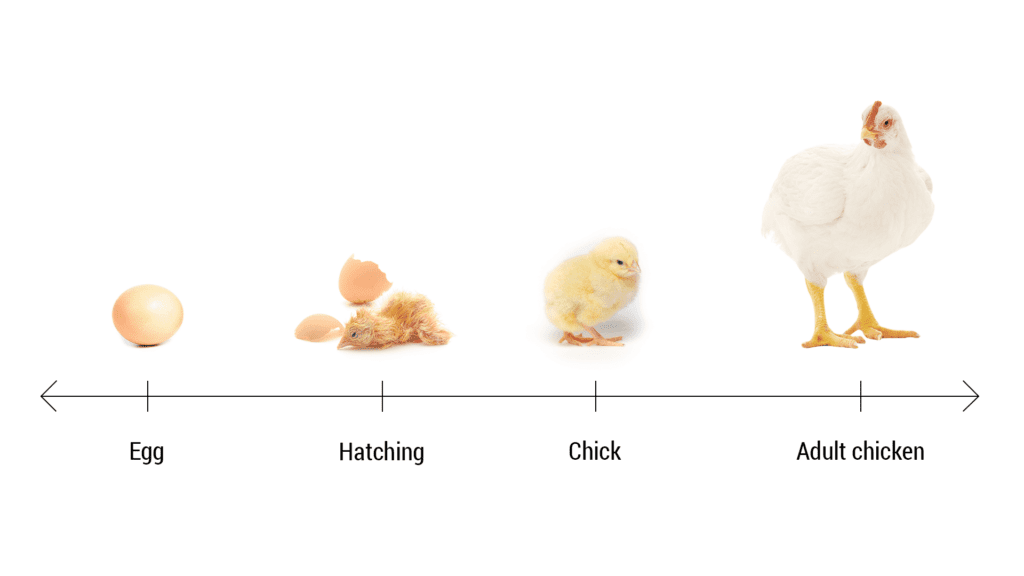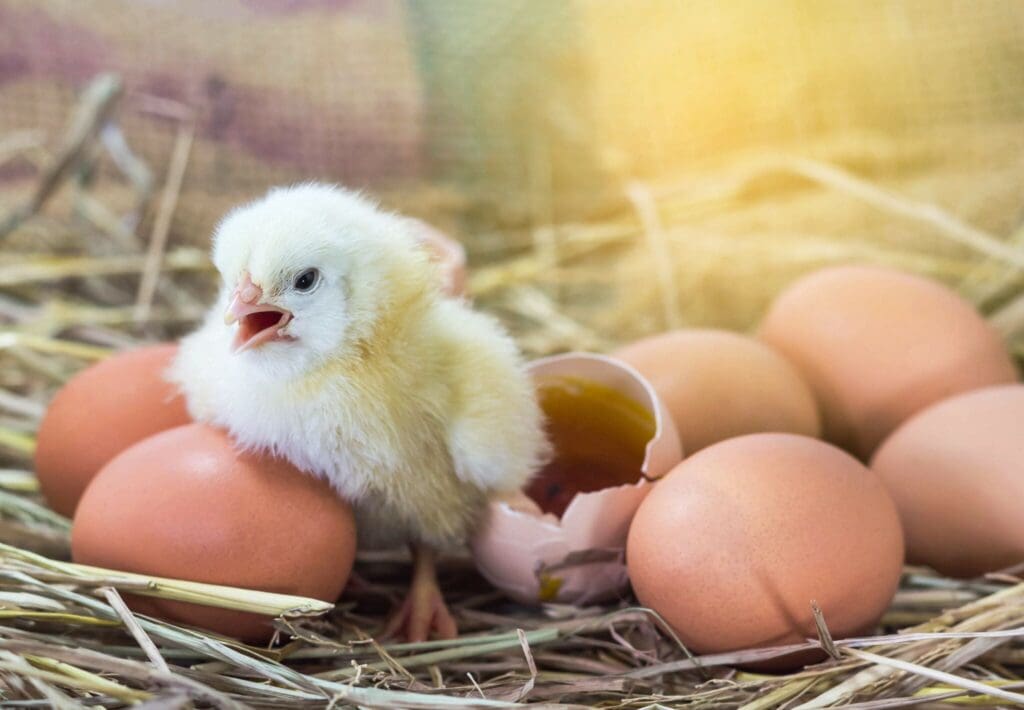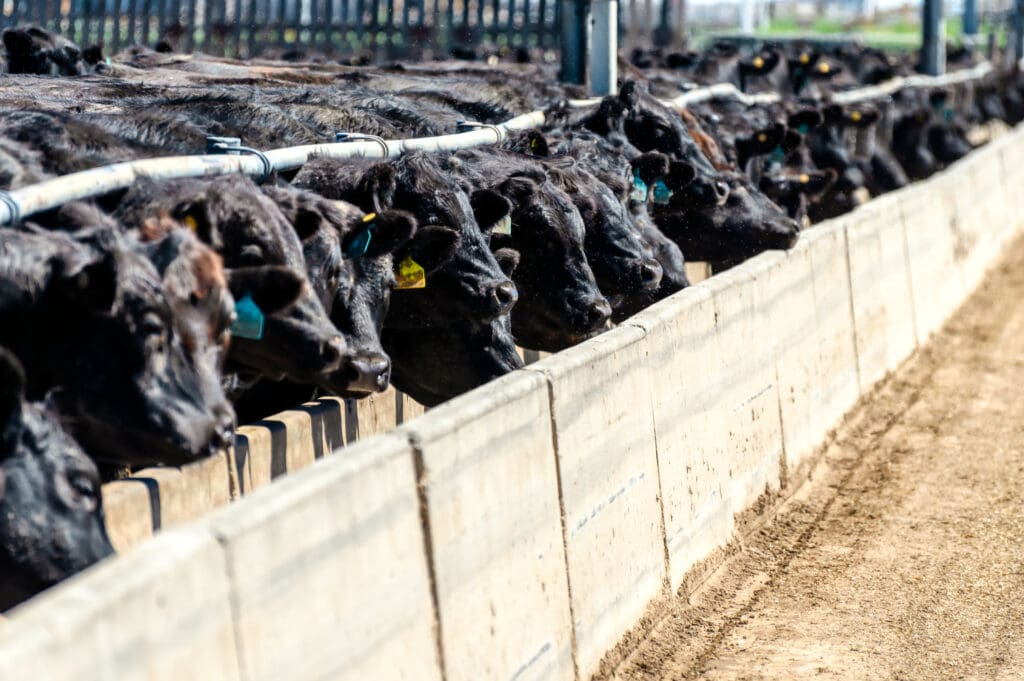Feedlot receiver animals go through a period of significant stress when being shipped and then divided into new pens with new pen mates, and, to top it all, are exposed to a host of new environmental challenges. This is comparable to kindergarten classes for children where the sudden exposure to a new environment and new germs causes children to be sick more often than normal. How do we protect our children against this challenge? We give them vitamin and mineral supplements to boost immunity!
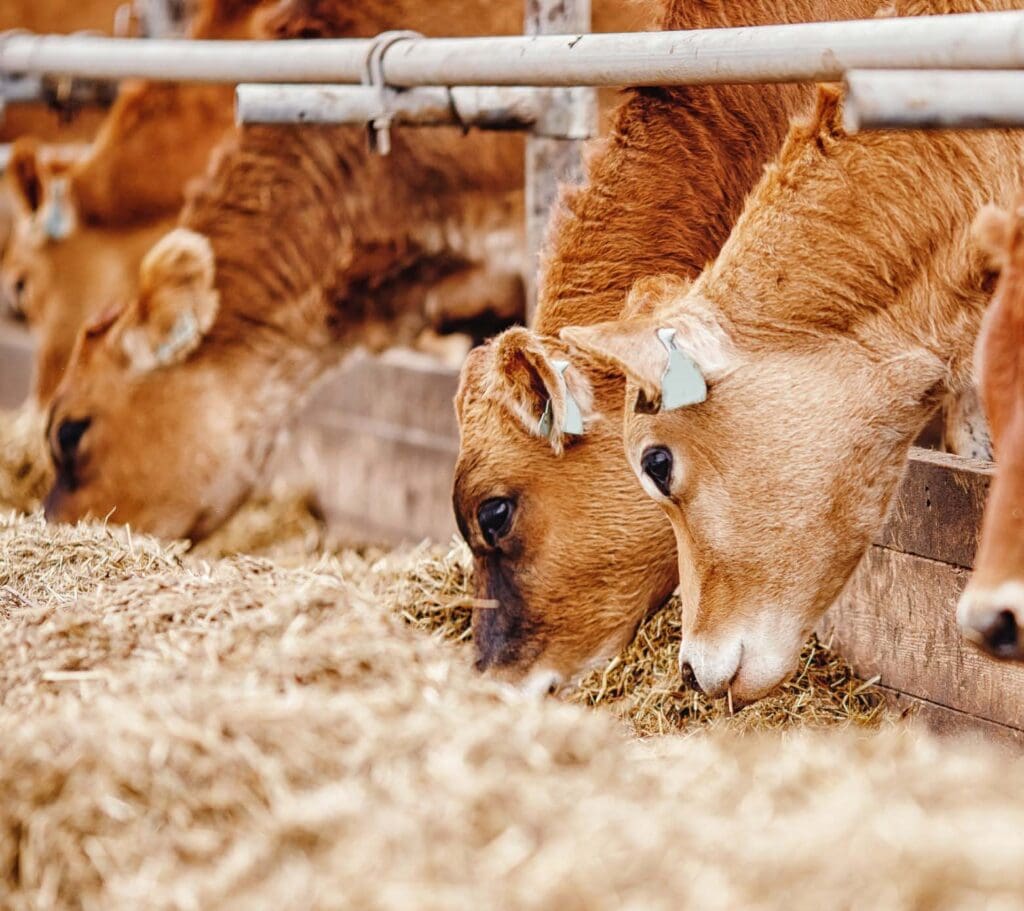
When nutritionists talk about the effects of stress on animals, it might leave us uncomfortable as we cannot quantify this on-farm. When producers are unsure about the actual effects of stress, it opens the door for distrust to develop between the producer and the nutritionist. With a practical example such as the above, it is easy to understand stress, and how to manage it!
Managing stress with supplements
Luckily, this is where the trust relationship between the producer and the nutritionist comes to the fore. There are several additives that can help these animals transition into the feedlot with as little disruption as possible, and without always having to turn to antibiotics.
Zinc
Zinc has been shown to boost immunity of animals by improving the body’s ability to fight viral infections. In addition, it improves epithelial health and, thereby, protects the lungs, liver, and hooves against damage. The practical implication is that animals can better fight off viral infections such as pasteurellosis and bovine respiratory virus and prevent death. Does this mean animals will not get sick? Not at all, but an animal that can resist serious disease is able to recover faster, grow better after recovery, and still be profitable. When animals can recover from disease more ably, the impact of disease on the body is less and allows the animal to undergo compensatory growth. This will affect the body composition of the animal and result in a better dressing percentage compared to animals that are sick for longer periods.
Chromium
Chromium is a true star in stress management. Research shows that when animals are fed chromium, their cortisol level (an indicator of stress) is at least 80% lower than animals that are not fed chromium. When cortisol levels rise, the immune system is suppressed and feed intake plummets. By lowering cortisol levels, an animal is able to continue normal feed intake and growth and its immune system is allowed to function normally.
Using a combination of the above two minerals during the adaptation phase in feedlots ensures that animals are more resilient to stress, infection, and disease. Resilient animals grow better and are more profitable, with the added benefit of using fewer antibiotics.
Conclusion
Once producers better understand the effects of stress on transition animals, it is easier to have a conversation with the herd nutritionist regarding the best solutions to boost immunity for each specific situation. Making the right decision together with the nutritionist enables the producer to create, and benefit from, a superstar team on-farm so that the animals are happy, the environment is treated sustainably, and the bank manager smiles all the way to the … well, bank!
Download the full article as published in Volume 14, No. 3 of the Red Meat/Rooivleis magazine. For further reading, please enjoy this 2021 article, “A toast … to better immunity in livestock!” by Ashley Grimsell.
Anri Strauss is a scientific adviser in the ruminant team at Chemuniqué, holding a master’s degree in nutrition from the University of Pretoria. She grew up on a farm and still lives in the Free State, where she and her husband also farm with Boer goats.
